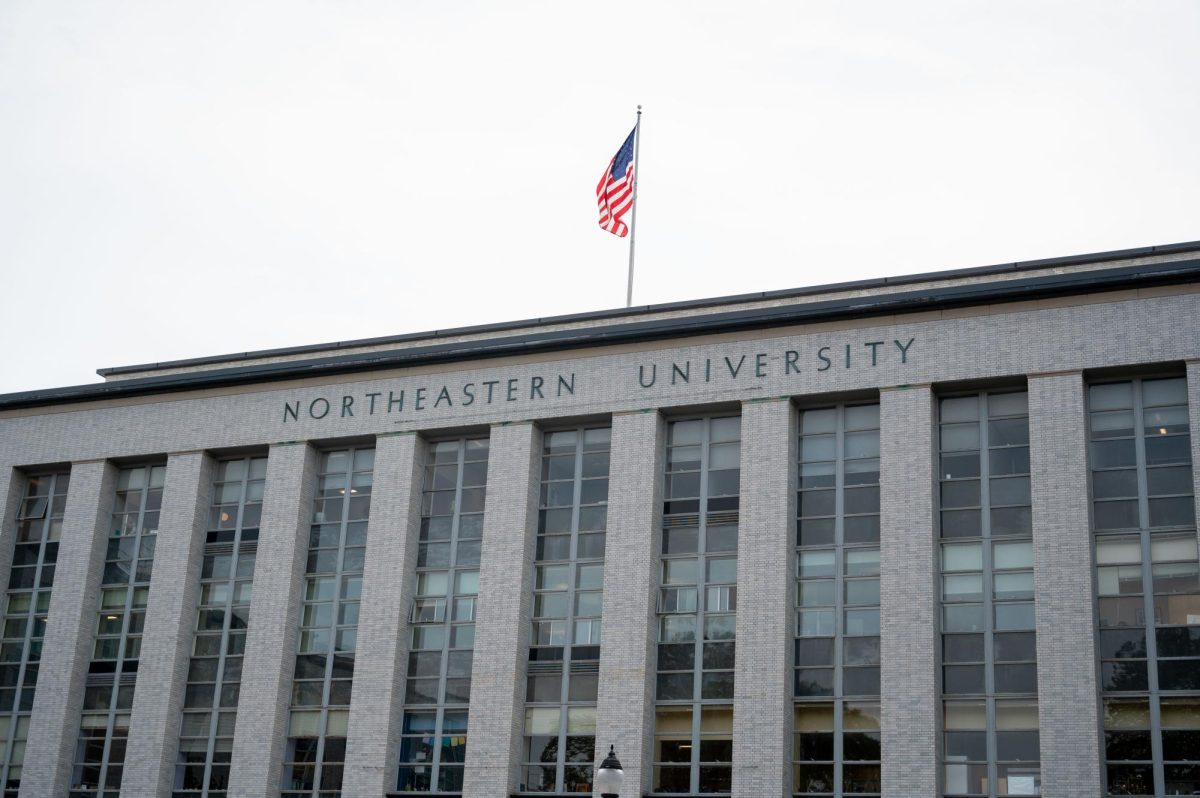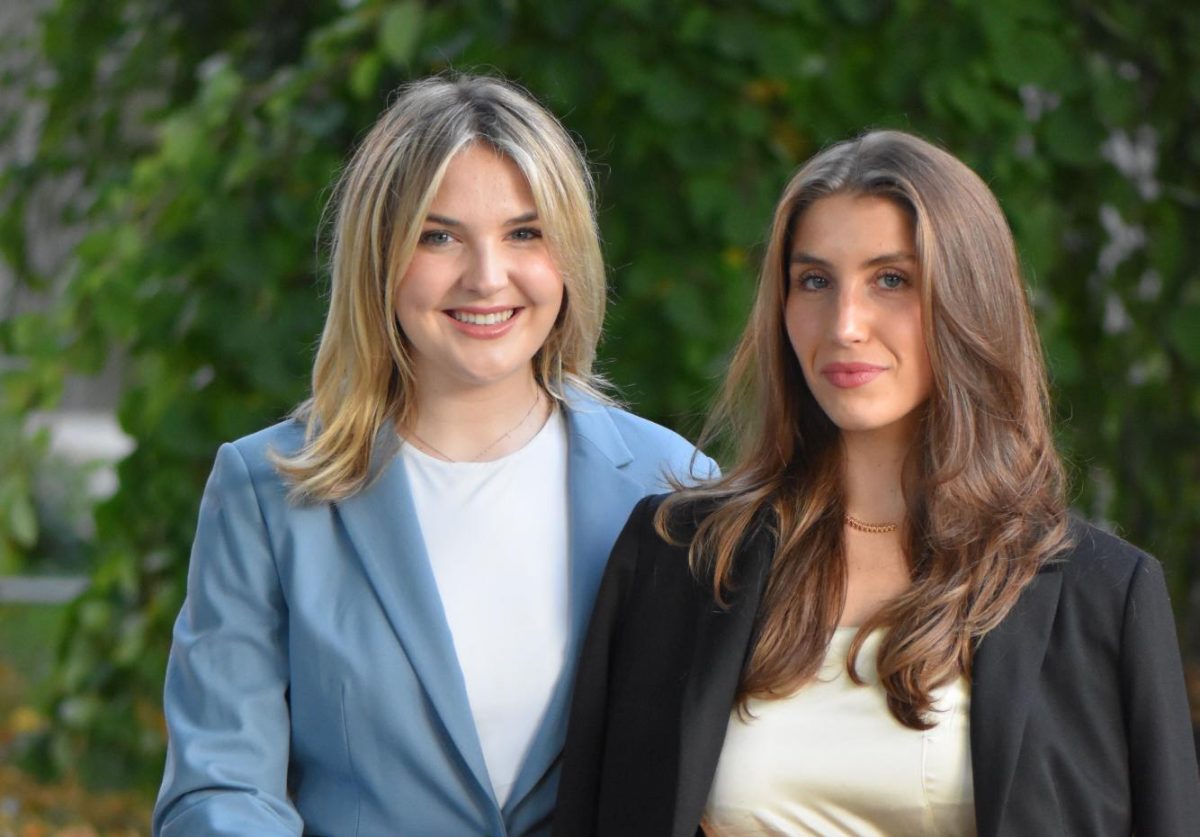By Emily Unsworth
Wes Ireland has no problem understanding his teachers in class, but when he goes to interview for co-op jobs the communication stops.
The Centralized Interpreting Fund (CIF) provides deaf students like Ireland with interpreters in class and at on-campus student-run programs. But the fund, passed by the Student Government Association in 2001, does not extend to student events off campus or extensions of classroom learning.
“We pay thousands of dollars in tuition to go to school here, so I think we should be provided with these resources,” Ireland said.
Ireland, a middler pharmacy major and the vice president of the Northeastern University Deaf Club (NUDC), is leading the way in the effort to make the CIF’s funding more available.
“The money from the CIF is used to pay for our interpreting services, Ireland said. However, the problem is that many deaf students at Northeastern would like a chance to build their leadership opportunities other than through the student organizations.”
Ireland, who works as a tour guide for the university, said he had trouble getting an interpreter for his tours because the university did not want to provide the funding. When he did eventually get an interpreter, it was paid for through outside donations.
David DelPizzo, interpreting services coordinator for Northeastern’s Disability Re-source Center (DRC), said the CIF comes out of a hard budget from the university. The fund averages about $30,000 a year, said Dr. Kay Onan, special assistant to the president. Students can apply for money from the fund online. The application would then be reviewed and allocated by the DRC.
The DRC pays for interpreters for all academic-related events taking place inside the classroom, anything having to do with inside academics and groups run by students, said DRC employees. For activities outside of the classroom, and non-student group activities, the CIF still allows deaf students the chance to fill out a request form for an interpreter.
According to the Northeastern Web site, “If the request is not eligible for support from this fund, the form will be marked not approved for funding from the Centralized Interpreting Fund and copies will be sent to both the Office of Deaf and Hard of Hearing Services and the sponsoring student organization.”
The students would then be responsible for finding their own interpreters, the Web site said.
Kathleen Collins, a middler biochemistry major and also a member of Northeastern’s deaf community, said she has had problems getting an interpreter funded for class-related activities outside of class time.
“I am involved in a research group that takes place outside of school but is part of Northeastern and is supervised by professors,” Collins said. “However, when we go out and collect samples for our research, no interpreter is covered by the CIF. I feel the CIF should be expanded for things like this.”
Collins, who said she does have an interpreter with her most of the time, does not think she should have to provide her own interpreter for her co-op interviews, which, although it is outside of the classroom, is mandatory if a student wants to go on co-op.
“Sometimes it is hard to find one,” she said.
The cost for an interpreter varies depending on their skill level, but can average between $28 to $43 per hour, DelPizzo said.
Ireland said Northeastern needs to do a better job of providing support services when students apply for a co-op position and figure out a way to take care of the cost of interpreters.
DelPizzo said he understands the students’ complaints but it was not up to his office to make the decision.
“We agree with the students that this funding should be school-wide, but the decision is not one that is made by us. The decision was made by the Office of the President,” DelPizzo said.
Onan said she is very sympathetic to the needs of the deaf students at Northeastern, but said she has to admit money is the clincher when it comes to campus-wide funding.
“If we had an infinite amount of money, then this would be no problem. However, we have a finite pool, and when we made this decision, we had to look to where we thought the money was needed most, which was for student activities,” she said.
Onan said she would like students to have a complete undergraduate experience, but the problems cannot be solved unless students make the effort to ask about them.









